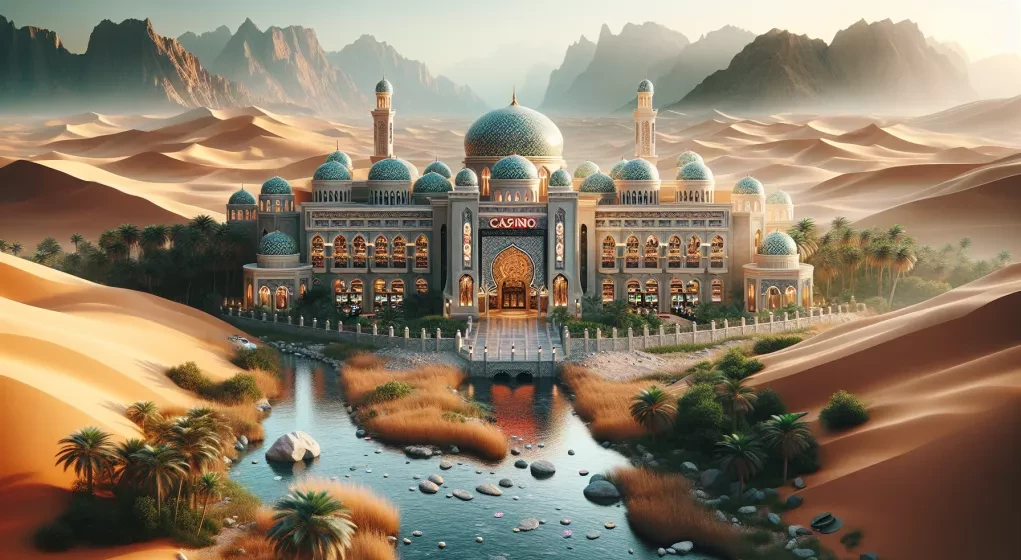In a move that has set the Gulf abuzz, the United Arab Emirates, a bastion of opulence and tradition, is inching closer to a seismic shift in its cultural landscape. The General Commercial Gaming Regulatory Authority (GCGRA), freshly minted by the government, stands poised to consider a proposal that could transform the region: the legalization of casino resorts.
This prospect, however, is met with a palpable air of skepticism among the denizens of the UAE. Recent findings have emerged from a poll spearheaded by “Dubai Casinos,” a media outlet closely monitoring the pulse of potential gambling reforms. The survey paints a picture of an electorate divided, with a scant 29% in favor of welcoming the glitz and glamour of casinos to their shores.
Among the 3,000 individuals who lent their voices to the study, an overriding 42% have voiced their objection to the ongoing discussions. “The majority of participants echoed a sense of wariness, pointing to a potential rift with the deep-rooted values of Emirati culture,” commented the researchers shedding light on public sentiment.
The daring blueprint for Dubai’s entry into the gaming industry comes courtesy of the GCGRA’s helmsman, Jim Murren, once the captain at the helm of MGM Resorts International. The proposal lays out a vision for four casinos to rise in or near Dubai, tossing the city’s name into the global casino lottery.
Wynn Resorts has emerged as the likely frontrunner for the first casino license, with plans underway for a staggering $4 billion resort on the picturesque Al Marjan Island. This coral-shaped cluster of man’s ingenuity lies a mere 30 miles from Dubai, set against the backdrop of the Persian Gulf. Wynn’s role may be secondary in ownership, but its collaboration with the locally-rooted Marjan LLC and RAK Hospitality Holding is set to make waves.
The tide of gambling, however, still finds itself restrained by the anchors of legal prohibition. Since the dawn of independence in 1971, the UAE has stood firm on its anti-gambling stance—an edict deeply entrenched in not just law, but religion. Islam, the heartbeat of UAE’s spiritual life, explicitly decries gambling as a vice sowing discord and distracting from divine remembrance.
The poker-faced opposition is not solely rooted in religious doctrine; nearly half of those surveyed fear the specter of addiction that casinos might usher in. Concerns also extend to the potential erosion of local culture, with 40% of participants wary of the cultural impact.
Despite these reservations, the study does crack open the door to potential economic silver linings. A noteworthy 60% of respondents recognized the magnetic pull casinos could have on tourism, potentially fortifying the economy with fresh tax revenues. A subset suggested that the privilege of gambling be exclusive to foreigners, drawing a line in the sand between tradition and tourism.
Around 40% believe that should the government decide to roll the dice on casinos, it must also take strides in initiating public awareness campaigns—efforts to paint a clear picture of the risks that coalesce around slot machines and gaming tables.
Amidst this chorus of opinions, the heart of Dubai continues to pulsate with possibilities, as anticipation hangs over this shimmering desert jewel, its future ripe with the uncertainty of the gamble.






